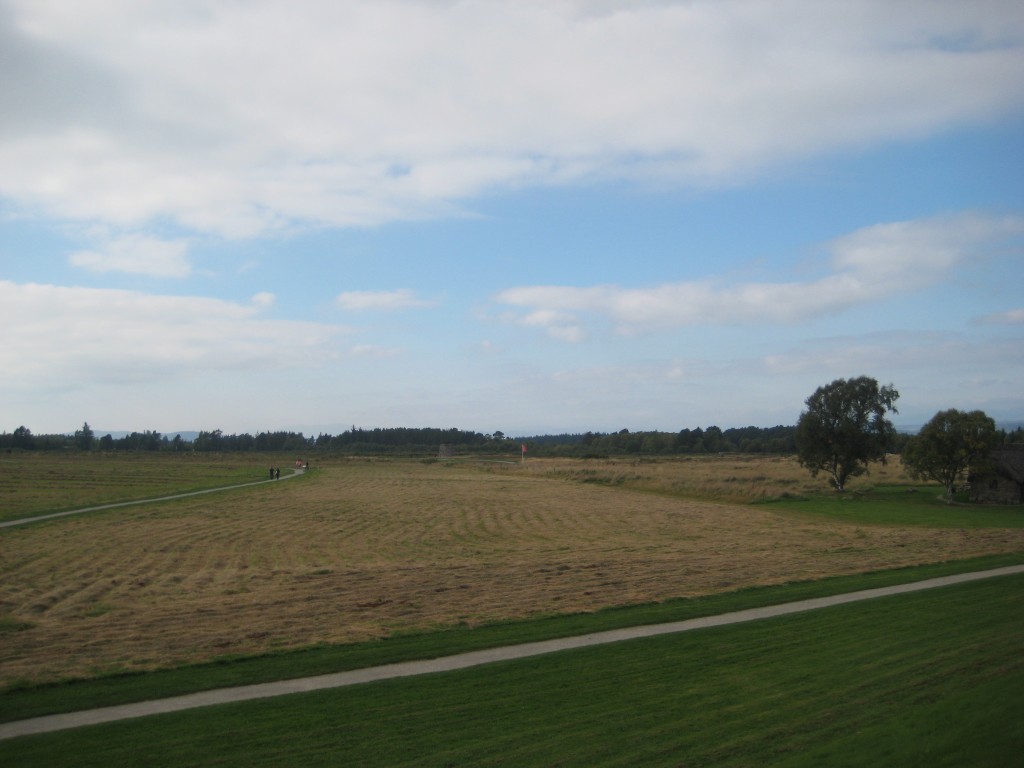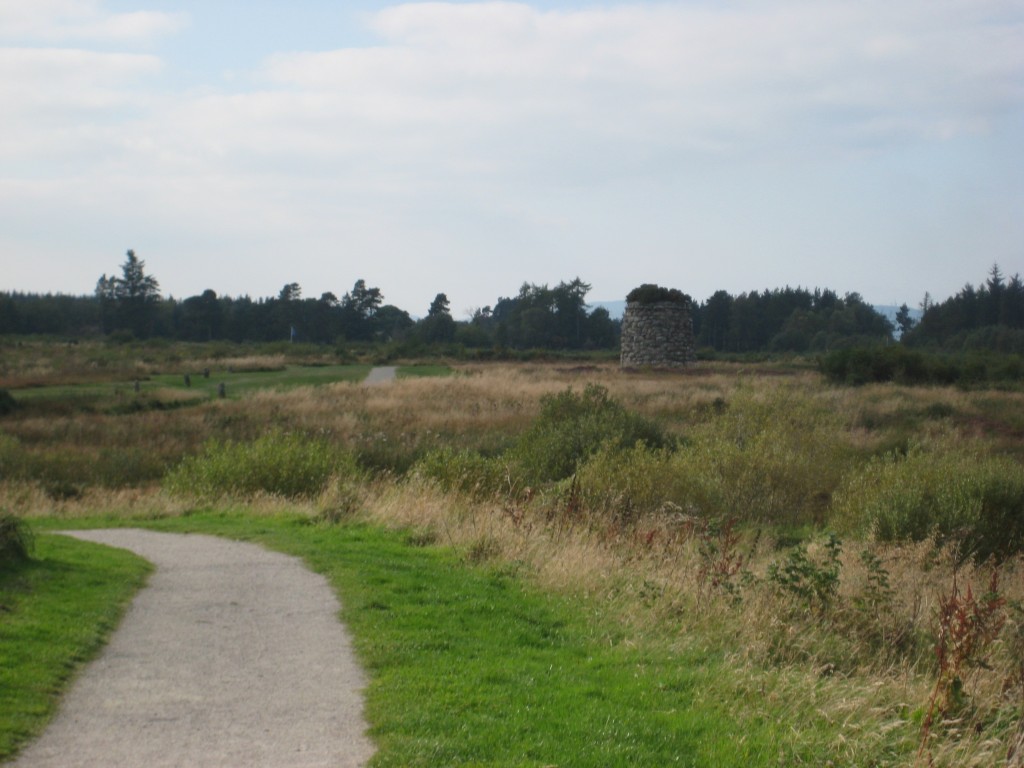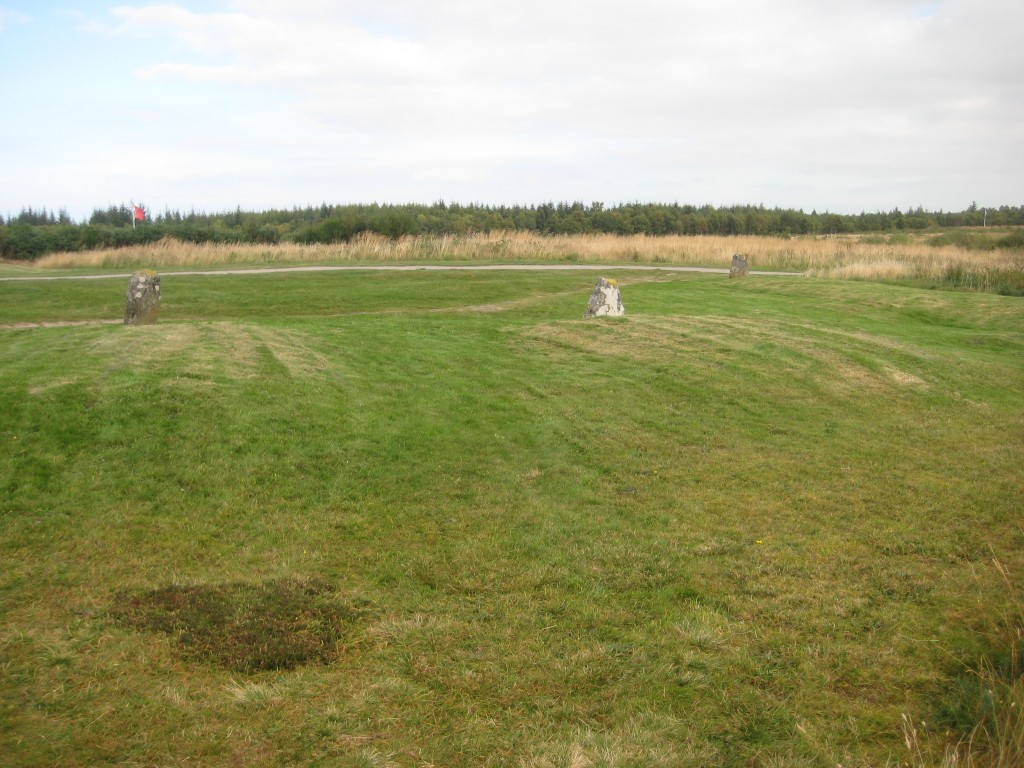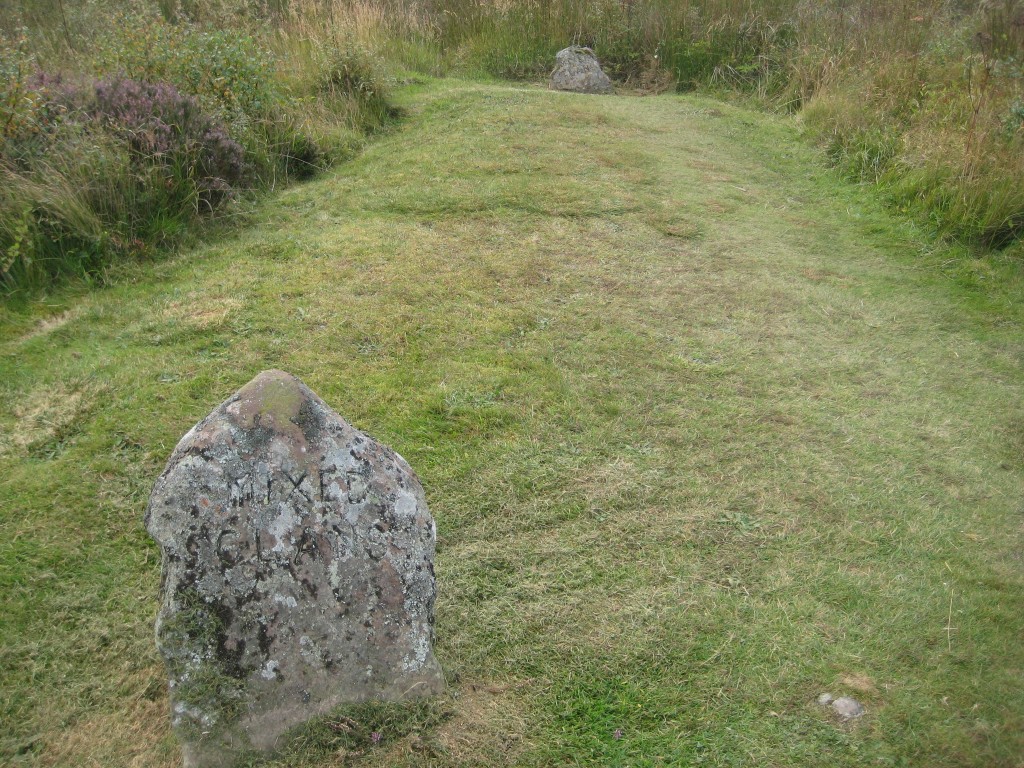Today’s post is very different from the sort of thing I normally write.
I must warn you that some of what I write in this article is an account of a battle, and you may find some of the description disturbing. I certainly do. If you feel you might be upset by this piece, feel free to miss out the bits in italics; those are the most distressing. The article may evoke strong emotions; I’m sorry about that, but I am writing it to make a point and I want it to be hard-hitting.
As some of you might know from my page ‘Statement of Belief‘, I do not believe that everyone who does not accept Jesus Christ in this life goes to a place of eternal punishment; the place they call ‘Hell’. And I present here one of the big markers that, for me, convinces me of the correctness of this belief; I hope that this article is my most powerful one yet for debunking that terrible, terrible doctrine. The emotive language that I use is deliberately used in order to help that.
You see, I have studied military history for most of my life. And over the last few years, I have begun to visit places where military history was made. Places like Colditz Castle, where there was a famous German prisoner-of-war camp. Places like St. Nazaire, where in 1942, British Commandos carried out a near-suicidal raid in order to prevent the drydock there from being used by the Germans to repair the battleship Tirpitz.
But for me, the most moving place of all was the battlefield at Culloden, near Inverness, Scotland. On 16th April, 1746, the Battle of Culloden was fought there, and at (and after) that battle, between 1,500 and 2,000 Jacobite men and boys lost their lives. In addition, something like 300 Government troops also died. Plus the depredations visited on the population of the Highlands after the battle were brutal and many more people succumbed to starvation and disease. Culloden – the name evokes images of brutality, repression and suffering; and also images of desperate heroism in the face of overwhelming odds.

I went there in October last year. Standing on that battlefield was an intensely moving experience. It brings tears to my eyes now even thinking about it, knowing that near where I was standing (or even probably exactly where I was standing), so many people had lost their lives. For the Jacobites, for example, where they were grouped according to their clans; where their clans advanced during the battle.
Picture the scene if you can: You are a Highlander advancing across a field into the face of driving sleet and hail and wind, into a storm of Government musket and artillery fire, and you’re closely grouped up with your people around you. Your family. Your uncles, sons and grandsons, some of them boys as young as eleven or twelve. And people you’ve known and loved all your life and all their lives are being hit by the murderous fire, and there isn’t a thing you can do about it. Next to you, a young lad from your neighbour’s family suddenly cries out and falls face down in the mud and doesn’t move again. You make the sign of the Cross and you carry on. The time for grief will be later – if you live that long. You’re frozen, exhausted, starving, and low on ammunition. You are desperate to make it as far as the Government lines so you can fight them more on your own terms – but suddenly you feel a massive hammer-blow, as if something has punched you really hard in the stomach, and suddenly your legs don’t do as they are told anymore and now it’s your face that’s in the mud and the sleet is on the back of your head and it seems you must suffocate….
During the battle, Government troops were under orders to take no prisoners; to give no quarter. After the battle, wounded Jacobite soldiers were slain where they lay. Most of what few prisoners there were, were summarily executed for treason.
The Jacobite dead were buried in mass graves, which were only later marked by clan stones.
Sometimes, what they found to bury wasn’t identifiable enough to be assigned to one of the clan graves, so they were placed in graves for ‘mixed clans’; these were by far the biggest burial mounds:
I could go on with the account of the battle and its aftermath, but I won’t. These men and their families were real people, just like you and I. They died on Culloden Field, and afterwards, in their hundreds and thousands.
And here at last is my point: as far as many Evangelical Christians believe, they went straight to Hell. I’m sorry to put it so bluntly, but that’s the state of affairs according to them. There are Christians who believe that if you do not accept Jesus Christ as your Lord and Saviour in this life, not only will you not go to Heaven, but you will go straight to a place of eternal, endless torment for ever and ever. That’s if you don’t believe things exactly as they tell you that you have to believe. So, according to those who hold to the doctrine of Hell in that way, these soldiers and other Highlanders all went to Hell.
And as I stood there on Culloden Moor, with the ground crying out to me with the voices of those who had died there so long ago, I realised just how utterly impossible that doctrine is. You see, I believe in, and know personally, a God of such infinite love, compassion and justice, that I cannot believe that all those people, none of whom had heard the Gospel as the Evangelical church give it, were condemned to move straight from the hell that was Culloden, into an eternal fiery torment. I just can’t reconcile it. Those men whose remains were so mashed up that they weren’t identifiable? God knew and loved each of those people, each of whom had a family, a history, hopes and dreams, and a courage that few people possess in this day and age. And each of whom had a belief system based on the same Jesus that I love, but just different from my belief system and from those of most Christians alive today.
I don’t believe that all those young lads of twelve, men in their twenties, old men of fifty or sixty and their families, helpless at home because their menfolk were mostly dead – condemned to a future of hopelessness and starvation because of the brutal repression of the aftermath of Culloden – that they all went to Hell because they’d never responded to a Gospel that had never even been thought of in its present form.
I. Just. Don’t. Believe. It.
No doubt Evangelicals who believe the generally accepted doctrine will have some get-out clause – I have heard one man of God a long time ago saying that he felt that God had a special procedure for soldiers killed in action – or something else to somehow make it more acceptable. Some Christians may also say that God makes certain allowances for certain people, for example, children who die before being born, or ‘before the age of responsibility’. Those who have never heard the Gospel. Somehow God will be ‘just’ to those people. But, to me, that just complicates things. My God of Love – loves everyone – and I simply cannot believe that Hell is a realistic concept. Personally, I think it’s all made up as an increasingly messy patchwork of repairs to a doctrine that should never have existed in the first place, that is simply an embarrassment to those who believe on one hand in a God of Love, and in the next breath they condemn ‘sinners’ to Hell. Or, to be generous, it’s perhaps people who are themselves trying to reconcile the difficult doctrine of Hell with the God that they, too, love. And maybe they just don’t feel comfortable with trying to bottom out their ideas on what is essentially an abhorrent concept.
But who could love a god who does stuff like that – and calls it ‘Good’? God’s just not like that!
To be fair, I actually think that some people have never really thought it through. They’ve just believed what they’ve been told ‘the Bible teaches’. They’ve never been face to face with such mass suffering and death; not even centuries after the battle.
I actually think that they don’t really think in global terms. That if I clap my hands together once per second, for each of those claps, someone in the world has just died. (Probably best to stop clapping my hands, then!) And, according to the doctrine of Hell, the vast majority of those people will be taking up permanent residence there. And I believe that my God is just not that wasteful.
But what I felt at Culloden was real, it was heartbreaking, and it would have been made much, much worse had I believed that those people were still suffering now. Because, make no mistake, that’s what the doctrine of Hell really means. It means that right now, as you are reading this, there are ‘unrepentant’ souls roasting over a slow fire.
But like I said, I do not believe this is true. And this has been a pretty negative piece so far. But I am going to look on the positive side now. Here it is:
The standard Church doctrine of Hell simply cannot be true. God is far too loving to have created a place where most of – yes, most of – His precious children are going to be slow-cooker meat for the rest of eternity – and then called it ‘Good’, as the Genesis account says He called everything – everything – He made. I’m sure the Pharisees will harp on about God’s ‘Justice’ and ‘Holiness’ demanding the ‘punishment’ of the unrighteous. But, you see, as far as I can see, Jesus died for the unrighteous – all of us – the Bible does not differentiate when it comes to who becomes acceptable to God and who does not. Jesus’s death was sufficient for everyone. Now, I am not going to delve too much further into these ideas today. I am still working on what I believe about Hell, based on Scripture, ancient history and other factors.
If anything, today’s generally-accepted Hell doctrines have been a fabrication made up from (possibly deliberately) faulty interpretation of several Scripture passages, not least those spoken by my Lord Jesus Himself, in order to bring people in mediaeval feudal societies into line. It was all about control. Images of devils using pitchforks to prod sinners burning in ‘fire and brimstone’ come more from Dante, Milton and mediaeval art than they do from Scripture. Eternal fires in Scripture generally refer to the fires ‘reserved for the devil and his angels’ – the devils etc. are in there as prisoners, not as torturers. And in the mediaeval artwork, the flames are the wrong colour. Brimstone is another word for the element sulphur, and that burns with a blue flame, not orange as usually depicted in artwork depicting Hell! 😉 Ah, the benefits of being a professional chemist….
I think that people in the world have a very well-developed sense of right and wrong, despite what many Christians think of them. And I also believe that it is everyone’s gut instinct that God is Good; they want Him to be Good, and He is Good – and that a good and just God is simply incompatible with the concept of eternal punishment – remember, punishment is supposed to be about correction, not ‘just desserts’ or revenge. So in some ways this is why many people find it difficult to believe in Hell. And it then means that one of the biggest objections to the truth of the Gospel has to be the doctrine of Hell, as put forward by standard Christian doctrine. An objector’s argument would likely be that Hell is so wasteful, so against the concept of a loving God, that the rest of it can’t be true either. And I agree. This is why I think of the doctrine of Hell as a travesty of the Gospel – which is essentially that God loves everyone and wants to fellowship with them.
There is so much more I could say on this matter right now, but I am still working on what I believe. For now, take a look at one of my older articles here for some ideas on what happens to the ‘unsaved’. I also think that Hell occurs on earth right here and now when people are damaged by others or by their circumstances. More on this here. What happens about people we like to think of as really evil (ok, let’s trot Hitler out again, forgetting that Stalin was far, far worse…)? Surely, Hell is the fitting ‘punishment’ for such as these? Surely ‘the Bible says’ that Hell exists? What about divine retribution; what about Judgement Day? What about those who would decline admission into Heaven, even given free access? Sorry, but these are all ideas for another time.
But for now, remember the voices at Culloden. I will never forget them.

I first became interested in the Battle of Culloden, (apart from being a military historian), because I’d read the ‘Outlander’ series of books, by Diana Gabaldon, which has now been made into a TV series. You can buy it on DVD from Amazon. The events at Culloden play a major part in the first three books of the series; take a look at Diana Gabaldon’s page on Amazon for more information on how to get hold of the books. At the time of writing, the Kindle versions of the books are priced at a very reasonable £4.99 each.





“There are Christians who believe that if you do not accept Jesus Christ as your Lord and Saviour in this life, not only will you not go to Heaven, but you will go straight to a place of eternal, endless torment for ever and ever. That’s if you don’t believe things exactly as they tell you that you have to believe.”
Can one of the uses of this doctrine in the evangelical church be about the End Times and the Rapture– basically, that if you do not believe that we are living in the last days and End Times, and as such are not one of those who are carried up in what the evangelical church calls the Rapture, that you will be left behind to the Tribulation, and after that, hellfire?
I always thought that we would see God after we passed on from this Earth, not to be taken up before that; however, some evangelicals, at least from what I’ve heard, seem to insist that, because this world is so sinful (sinful being defined by them as anything that does not fit their rigid, prescribed codes of right living; at least that’s how I’ve heard you describe it in one of your posts here), you are/should be required to want Him to come back sooner than He said He would, and that if you do not, then you’re not Godly– basically, it’s End Times or Hell!
It wouldn’t surprise me. And so much of what is ‘believed’ nowadays is so believed simply because people are told what to believe. The Rapture stuff is intended to exert sales pressure on people to ‘make a decision’, similar to the phraseology involved in ‘If you died today, would you know where you are going?’. In terms of End Times, I think that the ‘last days’ began at Pentecost and continue until today, because Peter quoted the Joel prophecy in Acts 2, “In the last days, says the Lord, I will pour out my Spirit on all flesh…” and that was clearly what had happened. Since the Spirit has been given, these are the ‘last days’, and Peter thought so too.
I am currently reading ‘Surprised by Hope’, by Tom Wright. He is an excellent scholar and theologian, and a believer too. There’s a fair bit in that book about end-time stuff. Well worth a read.
Hey Tony. Excellent and timely post, as my wife has me watching the TV series, Outlander with her, she’s read the books. We do a lot of fast forwarding in certain parts, lol, though. Some very disturbing scenes. But that just underscores your comments on hell. Jesus tells us to love our enemies, yet we ascribe to God the most unimaginable atrocities in the name of his “just” character. I have read a ton of good books recently on the doctrine and it’s development within Catholicism and the early Latin church. It was indeed a means of keeping control and came “orthodox” only after popularized by St. Augustine.
Tony, as you know, I was involved in Buddhism for quite a few years before returning to Jesus as a superior standard to follow.
I have mentioned in a reply to another of your posts some of the things I found unacceptable with Buddhism, quite a few of which I also see within institutional christianity.
But here I would like to mention a few areas of faith where Buddhism was a very good help.
1) Hell – Buddha’s teachings focus on how we experience the world as an inner mental and emotional experience, almost like a virtual reality. In Buddhism it is understood that hell is an inner state that we can experience here or in future lives.
The same goes for heavens, which are called “Pure Lands”.
It is also understood that these are not external places, and one person can be in hell while another is in a pure land.
No one places us into these experiences. We do it to ourself by the way we react inwardly to external circumstances.
These teachings helped me to let go of the “doomed-to-hell” teachings that I learned as a child. I can see God allowing us to go our own way, free to experience our world according to our inner state until we learn that we need to have Him as the director of our inner worlds.
2)The teachings on rebirth and that there are multiple realms to be born into have helped me to let go of the doctrine of “one life and then your chance is over”.
That’s not to say that I am convinced about rebirth, but I use it as an illustration of a possible way for God to offer every soul many opportunities to know His Love.
And the “multiple realms” idea gives me a very possible explanation of what Jesus meant by “In my Father’s house are many mansions”.
Explanations like these match up better to the understanding of God’s wish for all living beings to know Him, and give me confidence that even if these are not correct, suely whatever is correct will be even much better.